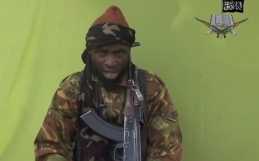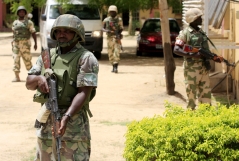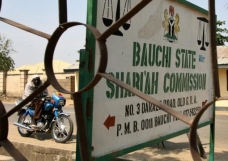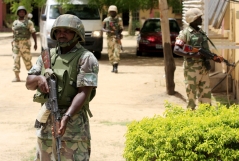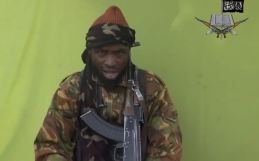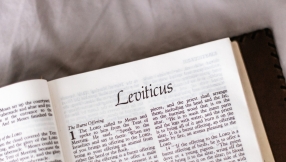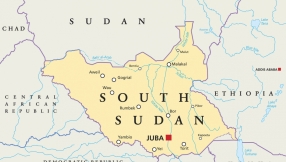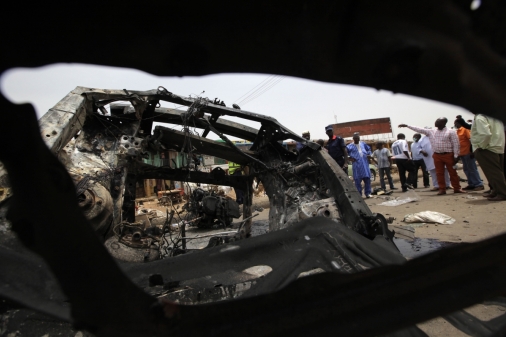
An explosion in a shopping mall in Nigeria's capital Abuja killed at least 21 as crowds gathered to watch the Nigeria v Argentina World Cup match yesterday, June 25.
The Associated Press reports witnesses as saying a motorcyclist dropped the bomb at the entrance to the Emab Plaza shopping centre, though these reports have not yet been confirmed.
Though no group has claimed responsibility for the attack, which also wounded at least 17 people, Islamist militants Boko Haram are thought to be behind it.
A suspect was shot dead by police while another was detained.
A government spokesperson responded to the situation with a statement released Wednesday assuring that the situation is being handled by Nigeria's security services. He also urged residents of Abuja to "remain calm and go about their normal business".
"Every step is being taken by the government to check the activities of insurgents in the country," he insisted.
A similar attack took place on 17 June when a suicide bomber killed at least 21 people and seriously injured dozens more during a televised screening of a World Cup match in Yobe, northern Nigera.
Locals were gathered to watch Brazil v Mexico at a public screening when the bomb, apparently concealed in a rickshaw, went off.
President Goodluck Jonathan declared a state of emergency in Muslim-majority Adamawa, Borno and Yobe states in May 2013 and has authorised an increased military presence in an attempt to combat extremism. However Boko Haram – whose name translates as 'Western education is forbidden' – continues to wreak devastation across northern Nigeria. Members are thought to be responsible for at least 2,000 deaths so far this year alone, in addition to the kidnapping of over 200 school girls from Chibok, Borno state, on April 14.
Despite being Nigeria's national sport, football has apparently been described as "un-Islamic" by extreme Muslim groups. The government has thus called for public screenings to be cancelled in some north-eastern areas to avoid further attacks.






